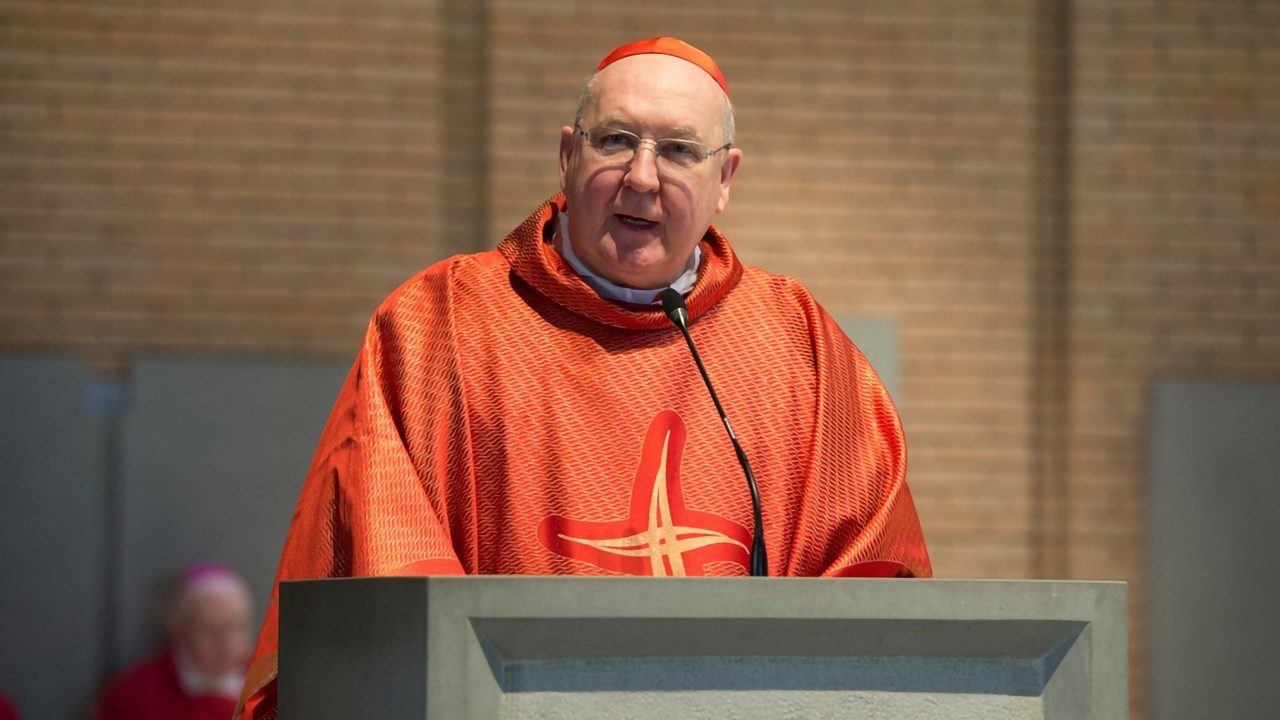The Vatican has issued a decree regulating the terms of leaders of Church groups and international lay ecclesial movements to ensure that there will be no abuses.
The Dicastery for Laity, Family and Life has issued the general decree on June 11 to promote “a healthy turnover” in governing bodies and make sure that authority is exercised as an “authentic service.”
The Vatican body “considered it necessary to regulate the terms of office in government, with regard to their duration and number, as well as the representativeness of governing bodies.”
It said the move aims “to promote a healthy renewal and to prevent misappropriations that have indeed led to violations and abuses.”
The new decree limits the terms of office in the central governing body to a maximum of five years.
A person is only allowed to hold positions at international governing level for no more than 10 years consecutively. Re-election is only possible after a vacancy of one term.
The decree states that founders can be exempted from the term limits at the discretion of the Dicastery for Laity, Family, and Life.
The norms, signed by Cardinal Kevin Farrell, head of the dicastery, will come into force on September 11.
In a note, the dicastery said that “infrequently, for those called to govern, the absence of limits in terms of office favors forms of appropriation of the charism, personalization, centralization, and expressions of self-referentiality which can easily cause serious violations of personal dignity and freedom, and even real abuses.”
“Furthermore, bad government inevitably creates conflicts and tensions which injure communion and weaken missionary dynamism.”
The note added that a change of leadership in governing bodies “provides an opportunity for creative growth and stimulates investment in training.”
“It reinvigorates faithfulness to the charism, breathes new life and efficacy to the interpretation of the signs of the times, and encourages new and updated paths of missionary action,” it said.







